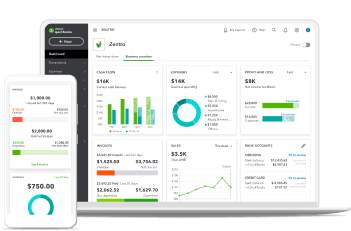Factors That Affect Salaries in Hong Kong
Several factors influence the Hong Kong average salary, including:
- Industry
- Education
- Experience
- Job location
Some of the most lucrative industries are finance, science, IT, pharmaceuticals and trading. Tourism is also a booming industry in Hong Kong. The region also has a strong service economy.
Generally, the better your education, the higher your average salary will be. Most professional or high-skill positions will require a degree, and as Hong Kong has a highly competitive job market, higher education will improve your prospects.
A shifting economic landscape means that most companies are recruiting young professionals for mid to senior level positions as older employees leave.
As with education, having previous experience will help to secure a higher salary. This is particularly the case in the industries that are most in demand such as data science and AI technology.
Job location also plays a role in the level of remuneration with wages commonly being higher in bigger cities as opposed to smaller towns or rural areas. This is due to greater demand in urban areas as well as a higher cost of living.






